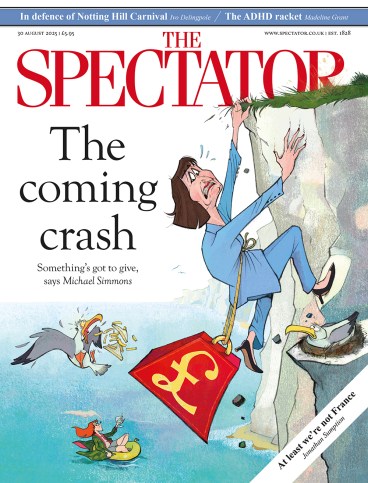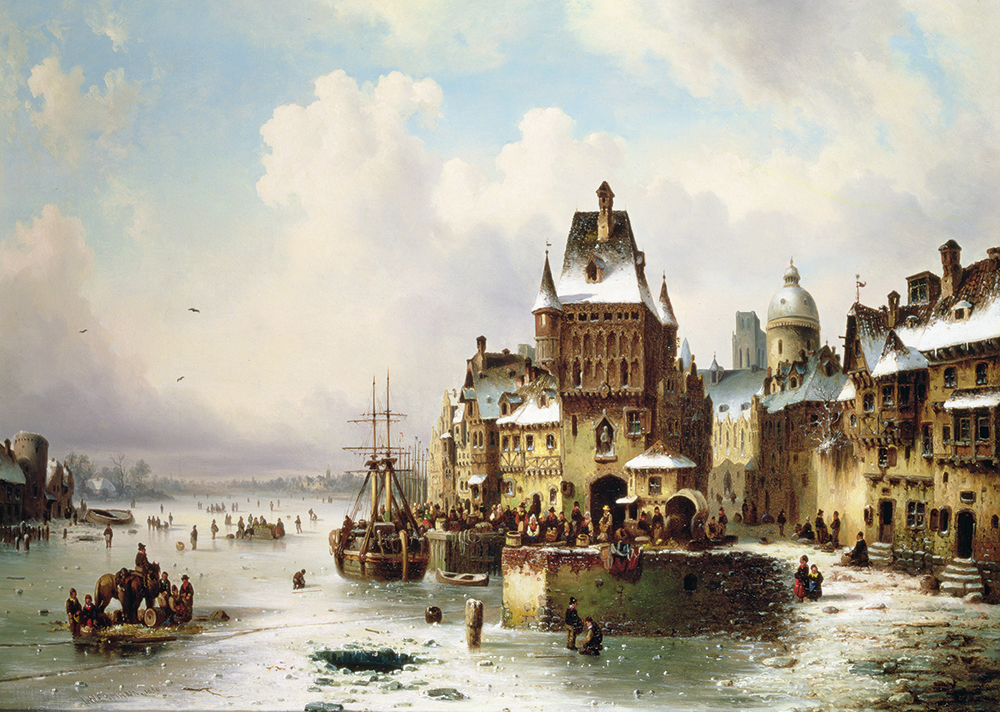
Königsberg is no more. Now known as Kaliningrad, it forms part of a small Russian exclave surrounded by Lithuania and Poland. It is probably here that the third world war will start. Before it was bombed flat and ethnically cleansed, the historic Baltic city formed one of the main centres of the German province of Prussia.
Old Königsberg was a port and a -meatballs-and-potatoes kind of place, but also one of the battlefields of the Enlightenment. The philosopher Immanuel Kant was born, lived and died there. One of the questions he struggled with was how to reconcile the claims of human reason with the need for faith in the divine. Kant died in 1804, but the question continued to preoccupy a number of far less talented thinkers, including an eccentric theosopher, Johann Heinrich Schönherr. Inspired by water lilies, he developed an elaborate cosmology built around fire balls and water balls floating around in the primal dark before coming together to create not only the physical world, but also good and evil.
Luckily we don’t have to worry about the details of these ideas here. All we need to know is that they attracted more attention than they deserved, including from two typically over-earnest teenagers who became well known and influential Königsberg clergymen. Johann Ebel was the charismatic, slightly fey and highly fashionable priest at the old city church, while his colleague Heinrich Diestel was an earthier, more combative character and pastor of the working-class Haberberg church in the southern suburbs. Together they built up a substantial following, not only for their sermons on Sundays but also, more intimately, as spiritual advisers to a number of the leading ladies of Königsberg society. Ebel seems to have been offering not only religious guidance but counselling about their marriages and mental health, too.
In 1835, rumours and accusations began to fly about, many of them originating with disillusioned former followers of Ebel and Diestel. The two men were allegedly preaching ‘dangerous doctrines’ running counter to the teachings of the official church. Worse, they spread corruption and encouraged all sorts of ‘immoral behaviour’. It was not just spiritual succour that these priests were apparently offering the wives and daughters of Königsberg.
Mysticism and lurid reports of sexual depravity proved potent ingredients for a deliciously juicy scandal. The authorities loved it. Here was an opportunity to crush what looked like a potentially schismatic sect, assert the primacy of the state–established unified church and settle some old small-town scores in the process. They suspended the clergymen from their posts and began an investigation which lasted four years. Along the way, they leaked ever more shocking details to the press all over Germany, making nationwide news. Ebel and Diestel never stood a chance. At their trial in August 1839, they were found guilty of a number of offences, although not the most serious. They were dismissed, barred from public office and disgraced. Ebel even went to prison.
This clerical dispute on the far borders of 1830s Germany is definitely one of history’s footnotes. Christopher Clark, Regius Professor of History at the University of Cambridge and our leading historian of Germany, generally tends to hunt bigger game. His previous books have addressed such weighty subjects as the revolutions of 1848 (Revolutionary Spring, 2023) and the origins of the first world war (The Sleepwalkers, 2013).
A Scandal in Königsberg may be a miniature, but it is far from insubstantial. It offers, first, a cautionary tale of how you didn’t –and don’t – need wokery and social media to enable a pile-on of the tediously self-righteous. Ebel and Diestel were, in our terms, ‘cancelled’, mainly for no crime more serious than being a bit different and thinking unorthodox thoughts. Second, it introduces an important theme in German history all the way through to 1945: the state’s preoccupation with controlling what ordinary people thought and believed. Third, one of the dynamics driving the history of Germany from 1815 to Hitler’s suicide was the struggle between, on the one hand, Enlightenment concepts centred on reason and the individual, and more spiritual instincts emphasising community or the Volk. That tension existed within Ebel himself, and the rationalist state victimised him for it. The disaster he faced was not, in the end, as terrible as what overwhelmed Germany between 1933 and 1945, but the roots were similar.
This is all very far from Barchester, but fans of tales of clerical skulduggery, of German history in general and culture wars avant la Bismarckian lettre in particular, plus anyone interested in how intolerance ruins lives, will enjoy Clark’s latest, not least because it is ‘short and lively’ – just like Frederick the Great’s ideal wars.







Comments